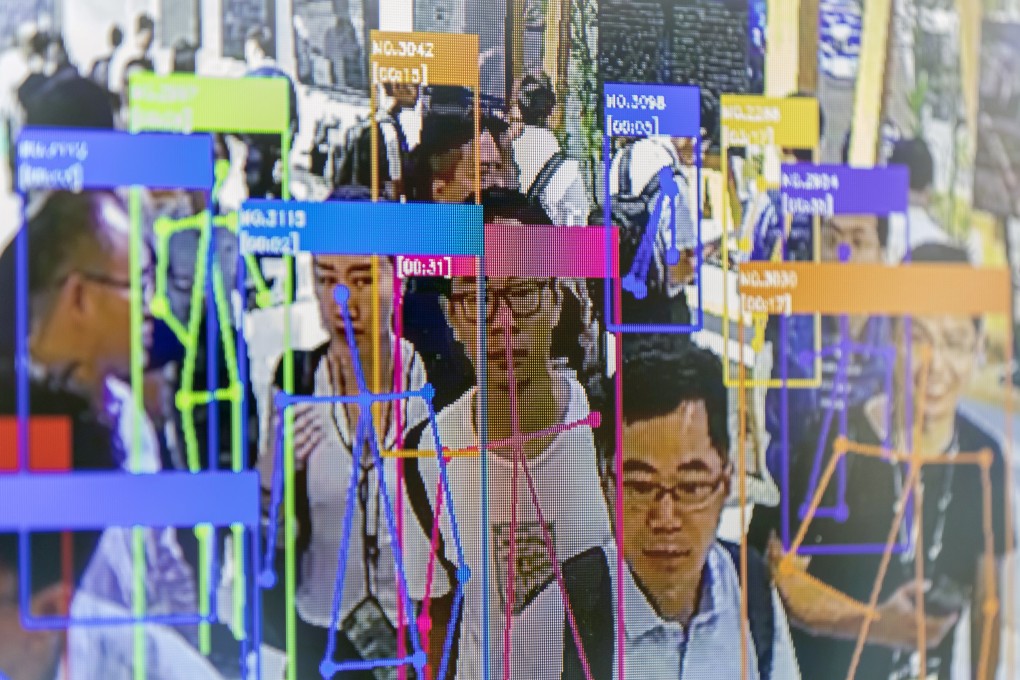India plans to adopt China-style facial recognition in policing, despite having no data privacy laws
- India will open bids next month to build a facial recognition system, in an attempt to assist its understaffed police force
- But the project is ringing alarm bells in a nation with no data privacy laws which just shut down the internet for the last seven weeks in Kashmir


“We’re the only functional democracy which will set up such as system without any data protection or privacy laws,” said Apar Gupta, a Delhi-based lawyer and executive director of the Internet Freedom Foundation, a non-profit group whose members successfully lobbied the government in 2015 to ensure net neutrality and reject platforms like Facebook’s Free Basics. “It’s like a gold rush for companies seeking large unprotected databases.”
A draft data protection bill presented to the government last year still has not been approved by the cabinet or introduced into parliament. The country has already had problems implementing Aadhaar, one of the world’s biggest biometric databases linking everything from bank accounts to income tax filings, which been plagued by reports of data leaks and the growth of a black market for personal information.
So far, not much is known about which companies might bid on the facial-recognition system. Minutes of a meeting with potential bidders, obtained by the Internet Freedom Foundation through a right to information request, showed unidentified companies sought clarifications on integrating facial recognition data with state databases and whether it should be able to identify people with plastic surgery.